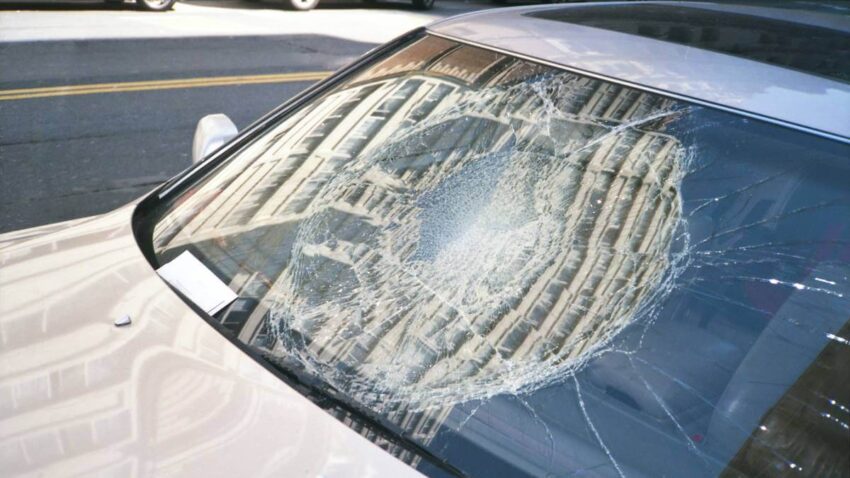By William MacKenzie
Democrats in Salem are preparing to dig much deeper into your pocket with a massive transportation revenue bill, HB 2025. Because its multiple parts obscure its impact on individuals, let’s look at what it would mean for car owners, which is about 92% of households in Oregon. There are over two dozen increases to vehicle-related fees in the bill.
- Planning on buying a new car? Oregon’s zero percent vehicle sales tax has made it a great state in which to purchase a car. HB 2025 proposes a new Vehicle Sales Tax in the form of a 2% “transfer tax” on the sale price of new cars and a 1% tax on used cars valued at over $10,000. The average price paid for a new car in the U.S. in May 2025 was $48,799, according to Kelley Blue Book (Up from$21,041 in 2020).[1]That would mean a sales tax of $975.98 on your new car. The average price paid for a used car in Oregon is $35,556. That would mean a $335.56 sales tax.
- Fees for vehicle registration would go up, too. Registration of a new car would increase from $43 to $113.
- Oregon’s current vehicle registration fees for gas-powered passenger vehicles range from $126 to $156. The bill proposes a $66 increase to the existing vehicle registration fees. If you currently pay $126 to re-register your car, the cost could increase to $192 ($126 + $66) under HB 2025.
- The cost of new license plates would rise from $12 to $33.
- The cost to take a driver’s skill test at the DMV would increase from $45 to $111.
- Buying or owning a gas-powered vehicle? Oregon’s current 40 cent per-gallon gas tax would increase to 50 cents per gallon in 2026 and 55 cents per gallon in 2027. The gas tax would be indexed to inflation beginning in 2029. The average vehicle in Oregon uses approximately 489 gallons of gas per year. That would mean a $48.90 increase in gas costs in 2026 and a $73.35 increase in gas costs in 2027.
- Buying or own an electric or plug-in hybrid vehicle? A Road Usage Charge (RUC), a mandatory per-mile fee, would be imposed on electric and plug-in hybrid vehicle owners starting July 1, 2026 or these drivers could opt for a flat annual fee, initially set at $340. The proposed $340 annual tax is based on driving 18,000 miles a year at 20 mpg at the new gas tax rate
- A payroll tax that funds public transit via the Statewide Transportation Fund would increase from 0.1% currently to 0.3% by 2030. The tax would increase to 0.18% in 2026 and then to 0.25% in 2028 and 0.3% in 2030.
In a time of growing economic stress for Oregonians, it’s going to be enough to drive you to the poor house.
[1] That was up from the average price of $21,041 for a new car in 2000. In other words, not only will multiple costs associated with a car go up under HB 2025, but you will likely be making increasingly higher monthly payments on your new car because you’ll take longer to pay it off. While 3-year car loans were once common, they are less typical now. Today, the most common car loan terms are 60 months (five years) and 72 months (six years), and increasingly car buyers are agreeing to go with seven and eight year car loans, leading to higher total financing costs.
The post Transportation bill would pummel vehicle owners first appeared on Oregon Catalyst.
Click this link for the original source of this article.
Author: News Update
This content is courtesy of, and owned and copyrighted by, https://oregoncatalyst.com and its author. This content is made available by use of the public RSS feed offered by the host site and is used for educational purposes only. If you are the author or represent the host site and would like this content removed now and in the future, please contact USSANews.com using the email address in the Contact page found in the website menu.







